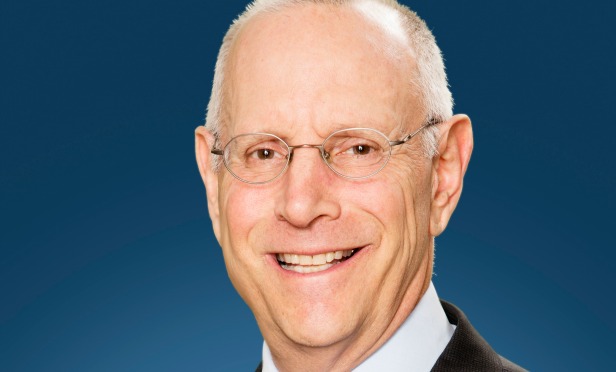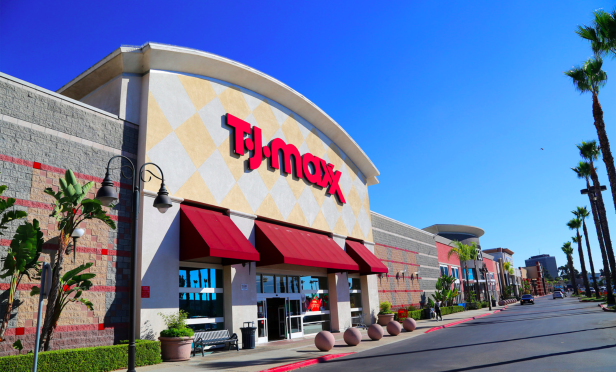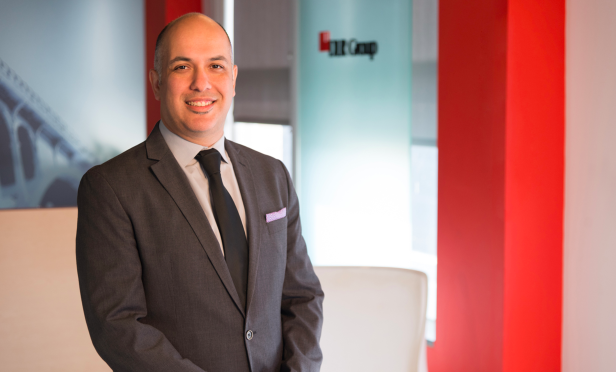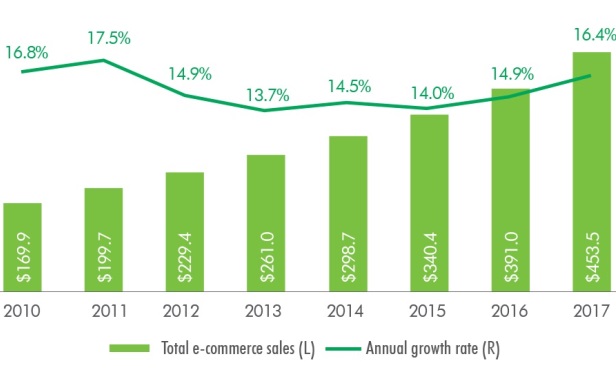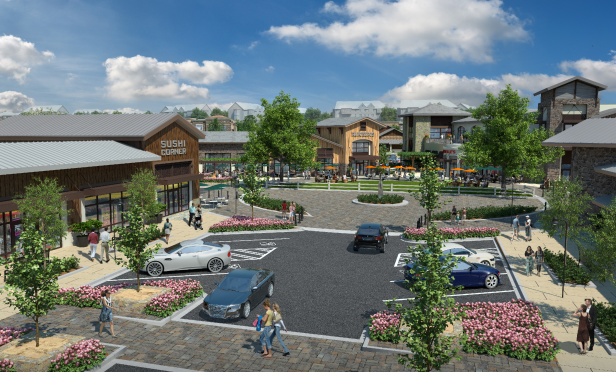 Shapell Liberty Investment Properties is raising the bar on sustainable design for retail shopping centers. Its latest project—The Vineyards, a mixed-use shopping and entertainment center development in Porter Ranch—will feature solar panels, storm water capture systems and car charging stations, among a long list of the latest sustainable features and systems. The shopping center is scheduled to open in the spring of 2019.
Shapell Liberty Investment Properties is raising the bar on sustainable design for retail shopping centers. Its latest project—The Vineyards, a mixed-use shopping and entertainment center development in Porter Ranch—will feature solar panels, storm water capture systems and car charging stations, among a long list of the latest sustainable features and systems. The shopping center is scheduled to open in the spring of 2019.
"The national culture is changing in which we're integrating and accepting into our lives more sustainable products and actions," John Love, VP for Shapell Properties, tells GlobeSt.com. "In California, we've had some major recent droughts, so we are all looking at being more efficient with our water. We know sustainability is something the general public cares about and they are making conscious decisions to support businesses that incorporate and promote more sustainable options."
Shapell has made a commitment to sustainability in its new projects, but Whole Foods and Kaiser Permanente, both tenants at the center, were also committed to creating a sustainable and efficient environment. "Sustainability has become part of our corporate culture as we've been implementing strategies at other properties throughout California, most notably adding solar carports to various apartment projects," explains Love. "As we began designing The Vineyards, we were also fortunate to have a few key initial tenants who were thinking the same way. Kaiser Permanente was committed to have a more sustainable facility, and Whole Foods wanted to integrate their solar PV plan into the building, and install electric vehicle charging stations. It has been a productive, collaborative effort."
Recommended For You
Want to continue reading?
Become a Free ALM Digital Reader.
Once you are an ALM Digital Member, you’ll receive:
- Breaking commercial real estate news and analysis, on-site and via our newsletters and custom alerts
- Educational webcasts, white papers, and ebooks from industry thought leaders
- Critical coverage of the property casualty insurance and financial advisory markets on our other ALM sites, PropertyCasualty360 and ThinkAdvisor
Already have an account? Sign In Now
*May exclude premium content

